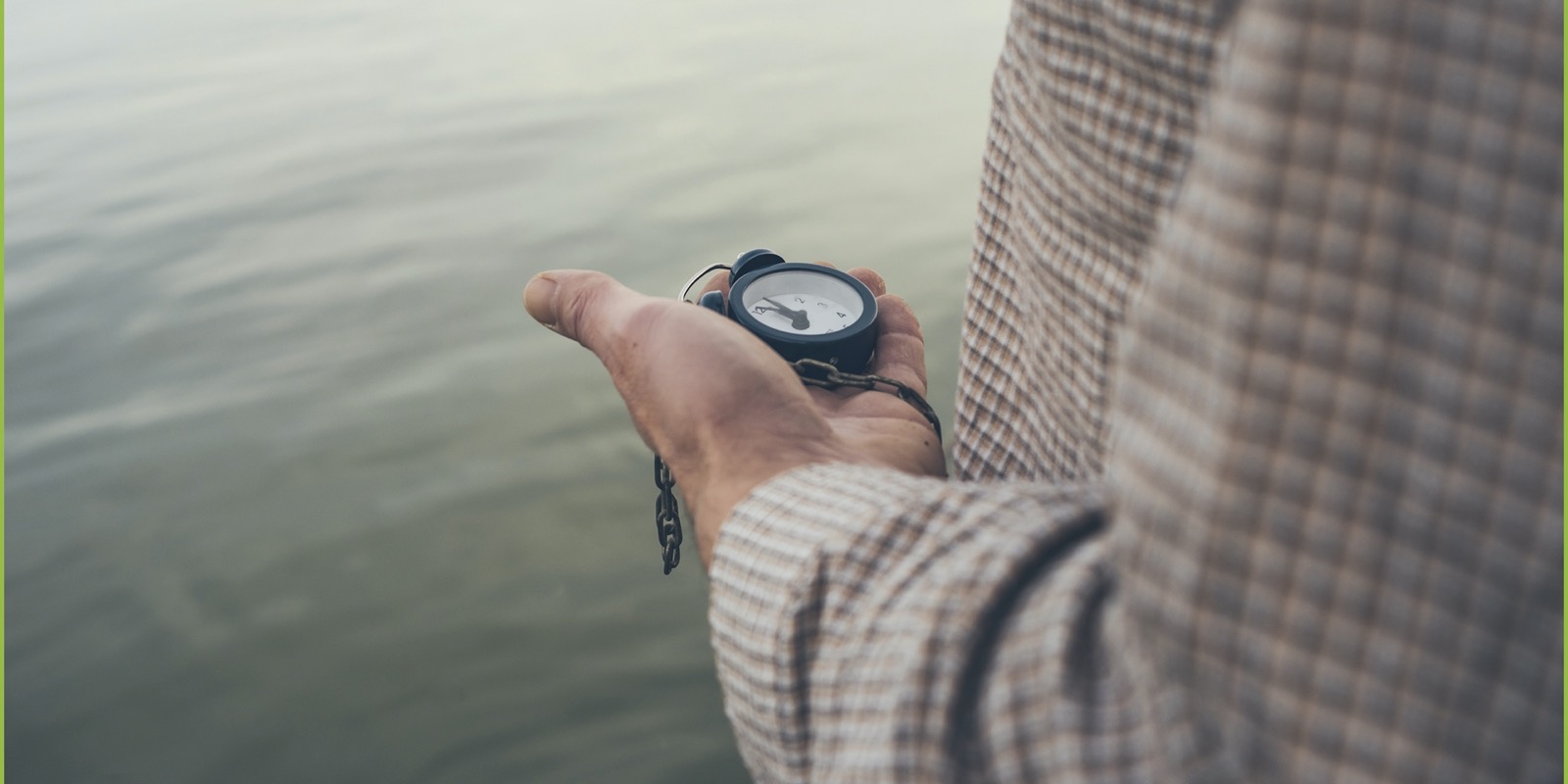On any given day, a typical person checks the clock several dozen times.
On most ordinary days, every activity is carefully scheduled. Almost everything revolves around a predetermined timetable. We know how much time it takes to commute to work and back, how much time we have available for meals and sleep, how long our favourite show lasts, and whether we can afford five minutes of relaxation. Spontaneity as a lifestyle is a fairy-tale.
If, hundreds of years ago, existence flowed according to the rhythms of nature, by the end of the nineteenth century this way of life had become incompatible with the need to standardise a changing society. Today, more than 100 years since the global adoption of standard time, it would be difficult to orient ourselves after the seasons, the sun, hourglasses or archaic clocks in church towers.
For a significant number of people, the COVID-19 pandemic has brought about a change in pace. Measures related to social isolation and distancing have “disabled” time in the short term. They have given it a new value.
Speaking strictly from this point of view, we can say the restrictions of the state of emergency placed large portions of the population outside the daily tumult and into a slower, steadier-paced time frame. These restrictions offered us the opportunity to spend the 24 hours of the day differently, without obsessively watching the clock. This opportunity was a compulsory break from our accelerated pace of life, which we will be able to return to, cautiously, constitutionally and progressively, when the lockdown is lifted.
What will life look like after the “return to normalcy” when we will need to not only live against the clock, once again, but also recover after the losses caused by the pandemic? Should we restart the fight against time in our everyday lives, reverting to the default of systematically juggling deadlines and responsibilities? How will we avoid switching our lives back to autopilot?
The double-edged sword of automaticity
A good way to anchor ourselves in the present, even when we instinctively keep our eyes on the clock, is to give up unthinking or ‘automatic’ behaviours—what psychiatrists call automaticity.
On the upside, automaticity allows us to solve easy tasks and make decisions without needing a prior cognitive filter. This cognitive pattern coordinates routine activities and keeps our minds clear when it would not serve our interests to overload the “system.”
However, although their role is rather secondary, mechanical reactions can occur even in situations that require critical analysis and conscious choices on our part. Fatigue, habit, and stressful lifestyles all lead to behaviours set on “autopilot”, even in situations where our real presence is needed—in the intimate spaces of our homes—and thus influence the relational patterns within the family, its eating habits, and those habits related to spending free time on TV or interacting with other smart devices.
Life on autopilot prevents us from truly enjoying people and experiences, from being authentic. To avoid becoming mere actors in our own existence, the experts recommend:
-
restrict automaticity to the sphere of mundane tasks,
-
make sense of the routine before it becomes devoid of any meaning,
-
get out of our comfort zones,
-
improvise and be spontaneous,
-
reflect before making decisions.
Investing in people
In a hyperdrive world, which can overwhelm us physically, mentally and emotionally, investing in people is a real challenge. Competing against a busy schedule and limited time, relationships risk becoming chronically superficial.
According to a 2017 study, the average person spends 33 years in bed (26 years actually sleeping and seven trying to fall asleep), 13 years and two months at work, 11 years and four months on TV or social media, four years and six months at the dining table, three years and one month on vacation, one year and four months exercising, and only one year and three days involved in social activities.
Certainly, these statistics vary according to sex, occupation, lifespan and lifestyle, etc. But the truth remains that the time invested in friends and family is beginning to lose ground to time spent on the internet for recreational purposes, for example.
The ways in which we spend the little free time we have after a busy day reflect individual needs and ultimately depend on personal choice. But the decision is not always fully consciously made: the connections with those around us can be corrupted by the ‘automated system’ on which we often operate.
In other words, we must make a conscious effort to keep our loved ones close, to invest time in people, keeping in mind that the secret lies in quality, not mere quantity.
Psychologists have identified other key ingredients for maintaining a close relationship with peers:
-
a shared ability to listen,
-
an open communication, free of value judgments,
-
showing trust and respect,
-
getting involved in joint activities,
-
showing an interest in the other’s problems.
Login or logout?
To be permanently connected to the internet, to the news of the day, to irresistible sales, etc. seems to be both the blessing and the curse of modern man. At any given time, we are just one click away from any news about the weather, global warming, or the conflicts in the Middle East.
The multitude of information we receive (whether solicited or unsolicited) invades an already full existence, where we occupy many important roles: we are children or parents (or both), pupils, students and/or employees, spouses, grandparents, relatives, friends, acquaintances, neighbours.
And we only have 24 hours in which to get our jobs done.
In such an existential merry-go-round, choosing to disconnect is imperative. Even half an hour set aside as regular time for ourselves is worth gold—half an hour that we can dedicate to things that make us happy, our passions, reading, cooking, going out in nature, manual work, meditation, etc.
Even if it is tempting to give up things marked ‘optional’ on our schedules, or those that apparently do not bring immediate benefits, we must hold on to them for they give us a vital dose of fresh air for the spirit. When we practice them regularly, our hobbies have major benefits for our bodies, minds and souls. They can:
-
help us detach from everyday stress,
-
help us set our thoughts in order,
-
recharge our batteries,
-
enrich our perspective on life, expand our horizons and our imagination,
-
and strengthen our sense of personal fulfilment.
As an important component of disconnecting, introspection takes us one step further in our constant effort to maintain control over our lives, and to not slip back into autopilot mode. Understanding the inner universe, with its emotions, reactions and motivations, increases authenticity, especially in a cookie-cutter world where time is limited.
So, the question remains: when the lockdown is lifted, will we return to the rat race?
Genia holds a Master’s degree in counselling within social services.



















